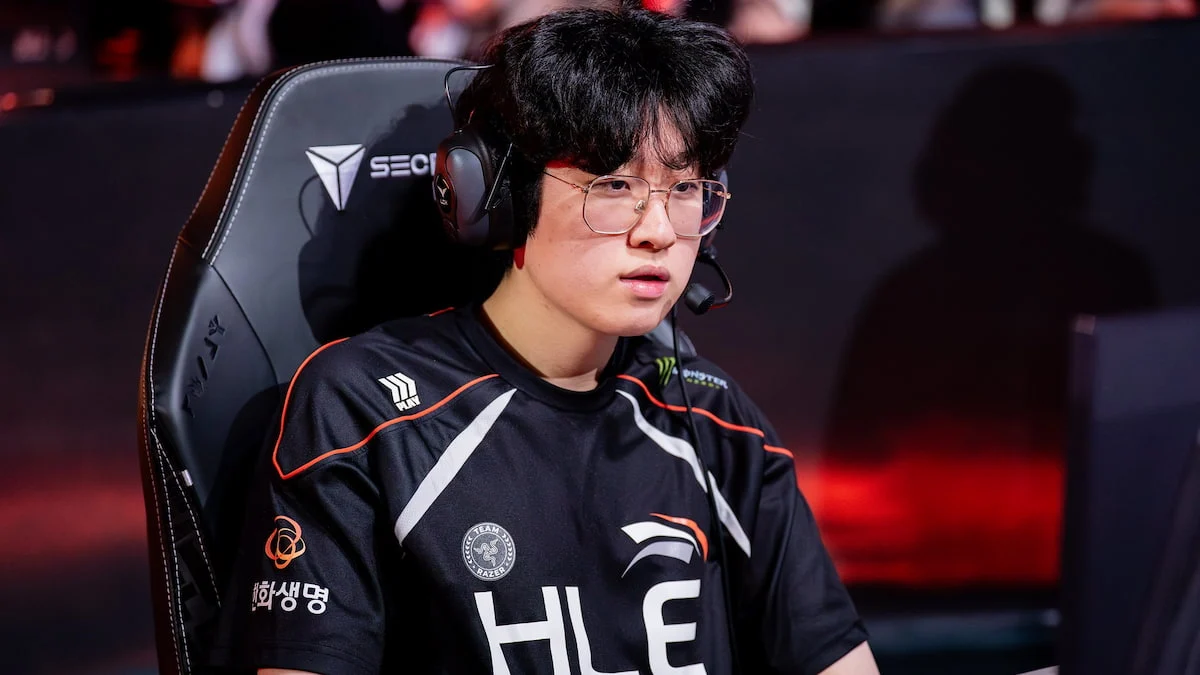
Victoria E. Johnson, 44, of Philadelphia, award-winning associate professor of neurosurgery in the Perelman School of Medicine at the University of Pennsylvania, member of the Penn Center for Brain Injury and Repair, renowned pioneering brain researcher, and mentor, died Thursday, Sept. 4, of metastatic colon cancer at KeystoneCare hospice in Wyndmoor.
Born in Scotland, Dr. Johnson came to Philadelphia in 2005 as a visiting scholar in Penn’s Department of Neurosurgery, and she never left. She earned a doctorate in neuropathology of traumatic brain injuries from the University of Glasgow while working at Penn and became a Penn postdoctoral fellow in 2012.
By 2013, she was an instructor in the Department of Neurosurgery. By 2016, she was an assistant professor. In July, she was promoted to tenured associate professor.
Dr. Johnson’s groundbreaking research at Penn’s Johnson Lab focused largely on links between traumatic brain injuries and neurodegenerative diseases such as Alzheimer’s and chronic traumatic encephalopathy. She participated in dozens of projects, post mortem with humans and live with animals, and contributed to more than 120 published papers.
“Traumatic brain injury is a common and often devastating health problem,” she said on the Johnson Lab website. “Affecting over 2.5 million individuals in the U.S. each year, TBI is a complex and heterogenous disorder.”
In a tribute, colleagues in the Department of Neurosurgery called her “a leader in the field” and “remarkably productive.” They praised her “enduring excellence and impact,” and said: “Her work has significantly advanced our understanding of the mechanisms by which acute brain trauma leads to long-term neurological decline.”
Her research on contact sports, concussions, aging, dementia, COVID-19, inflammation, and other brain-related topics earned praise, awards, and continual funding from the Department of Defense and National Institutes of Health. She won Penn’s postdoctoral fellow research award in 2009 and the Murray Goldstein Award for excellence in neurotrauma research from the Neurotrauma Society in 2008 and 2012.
Penn colleagues commended her work ethic and humility in tributes, saying she exceeded expectations “even through the tough times.” She often worked weekends and nights, they said, and she made sure to organize her projects as she handled them off recently to colleagues.
Notably, friends said, she treated the lab animals she encountered with empathy and respect. “She will be fondly remembered for her professionalism, her dedication, and her scientific contribution to the field of neuroscience,” a longtime colleague said online. Longtime friend Rebecca Lacher said: “She loved her job.”
Victoria Eleanor Johnson was born Aug. 23, 1981, in Kilsyth, Scotland. She grew up with her brother, Scott, and earned her bachelor’s degree in clinical neuroscience at Glasgow in 2003 and medical degree there in 2005.
In Philadelphia, she enjoyed cooking and sitting with friends around the dinner table. She lived near the Museum of Art and later in Rittenhouse, and always had a library of cookbooks in her kitchen.
She made memorable trips to Anguilla and elsewhere, and she loved dogs. She was good at deep friendships and was especially close to her niece Charlotte, nephew Patrick, and family friend Orli Smith.
She beat breast cancer in 2021 and became a U.S. citizen in 2022. She was adept, friends said, at giving the perfect present. “She could see you,” Lacher said.
Her family and friends said in a tribute: “She was an internationally recognized neuroscientist, a beloved aunt, sister, daughter, friend and colleague, a Scotswoman and a Philadelphian.”
Lacher said: “She was intense, devoted, and loving, just a wonderful person.”
In addition to her brother and parents, Frederick and Eleanor, Dr. Johnson is survived by her sister-in-law, Victoria Carson, and other relatives.
A celebration of her life is to be held at 1 p.m. Sunday, Oct. 19, at the College of Physicians, 19 S. 22nd St., Philadelphia, Pa. 19103.



